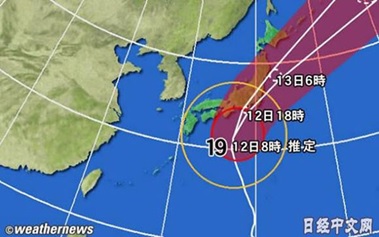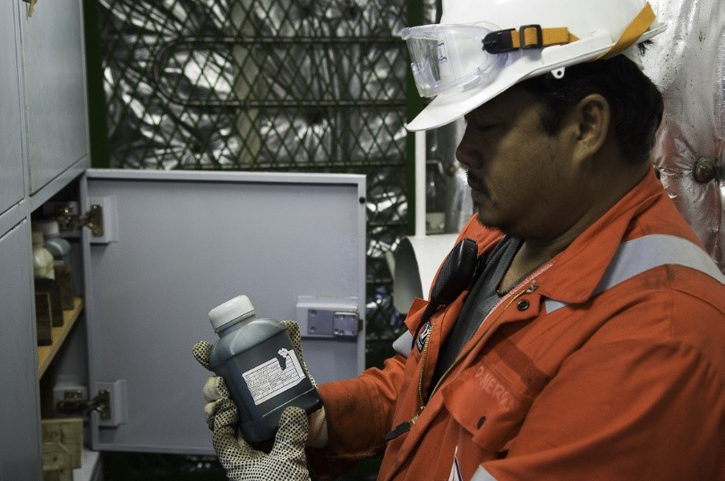The Club has recently been notified of an increase in Port State Control (PSC) detentions experienced by Singapore ships, due to sewage treatment plant defects.
Maritime and Port Authority of Singapore (MPA) have issued the following circular:
QUOTE
- MPA would like to draw your attention to the increase in Port State Control (PSC) detentions experienced by Singapore ships since the beginning of 2019. In particular, it has been noticed that defects relating to the ship’s sewage treatment plant are increasingly becoming a common deficiency that cause ships to be detained by PSC.
Trend
- It is worth noting that the deficiency relating to defects of the ship’s sewage treatment plant (deficiency code: 14402) is the single most common PSC detainable deficiency experienced by Singapore ships in this year to date. The deficiencies were usually worded generically: “Sewage treatment plant defective”, which could point to any part of the plant having some
defect. Examples include the plant was not maintained properly where there was corrosion or holes leading to leaks, or that the plant was not operational, with defective aeration blower, etc. A related MARPOL Annex IV detainable deficiency was that the ship was polluting The local waters of the port by directly discharging untreated sewage (black water) overboard.
- It is also noted that the sewage treatment plant (MARPOL Annex IV) deficiency was also featured as the second most common detainable deficiency in the Tokyo MOU for Port State Control for the year 2018. Good maintenance and PSC inspections
- Reference is made to the following IMO guidelines:
a) Resolution MEPC.227(64) 2012 Guidelines on implementation of effluent standards and performance tests for sewage treatment plants. These Guidelines would apply to sewage treatment plants installed on or after 1 January 2016 on ships other than passenger ships in passenger ships in all areas, and on passenger ships outside MARPOL Annex IV special areas.
b) Resolution MEPC.159(55) Revised Guidelines on Implementation of Effluent Standards and Performance Tests for Sewage Treatment Plants. These Guidelines apply to sewage treatment plants installed prior to 1 January 2016 and on or after 1 January 2010, on ships other than passenger ships operating in MARPOL Annex IV special areas, and
c) Resolution MEPC.2(VI) Recommendation on International Effluent Standards and Guidelines for Performance Tests for Sewage Treatment Plants. This would apply to sewage treatment plants installed prior to 1 January 2010 on ships other than passenger ships operating in MARPOL Annex IV special areas.
- Companies should ensure that the approved shipboard sewage treatment plant and system continue to perform in accordance regulation 9 or MARPOL Annex IV. Under the International Safety Management Code, companies are also reminded to ensure that ship staff are familiar and well-trained in the operation and maintenance of the sewage treatment plant. Routine maintenance of the system should be clearly defined by the manufacturer in the associated operation and maintenance manuals, and all routine and repair maintenance should be recorded.
- In the event of PSC inspections or any external inspection, the ship engineer should be able to demonstrate that the approved sewage treatment plant meets the operational requirements referred to in regulation 9.1.1 or 9.2.1 of MARPOL Annex IV, and the effluent shall not produce visible floating solids nor cause discoloration of the surrounding water.
- For a more detailed description of a typical biological sewage treatment Plant, common deficiencies related to sewage treatment plant, and case study of ship detention due to MARPOL Annex IV deficiency, you may refer to our SRS e-Bulletin 2016 Issue 1 published January 2016, which can be found at: http://www.mpa.gov.sg/assets/srs/ebulletins/Issue7/performance.html#Article3.
- Any queries regarding this circular may be directed to the Flag State Control Department
(email: shipping@mpa.gov.sg).
UNQUOTE
Source of Information
Loss Prevention / SPICA Services / MPA Singapore








 简体中文
简体中文